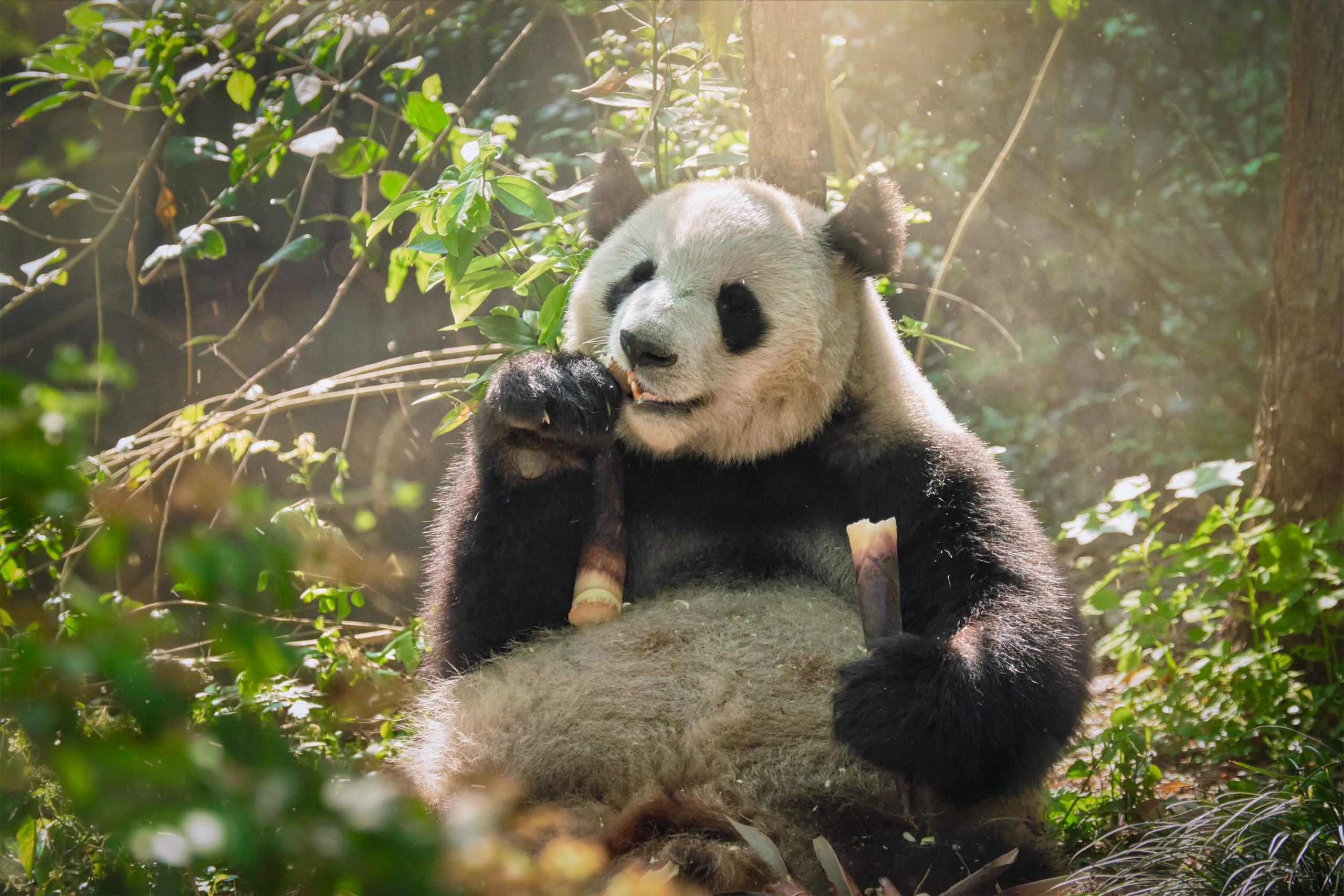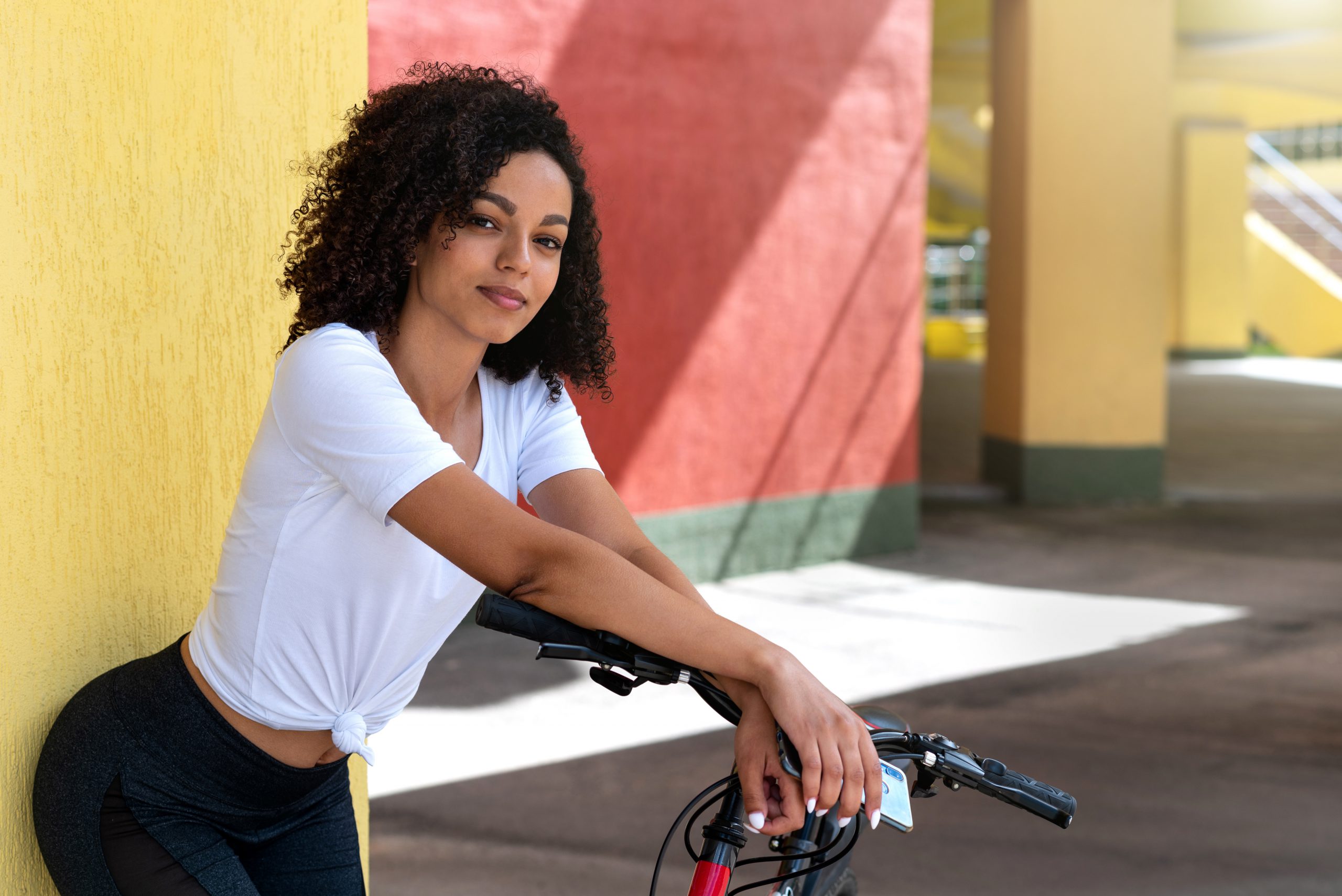
The work of journalist Susan Orlean has been adapted to the big screen a few times, most notably in 2002 by Charlie Kaufman for the Oscar-nominated rumination on the nature of writing itself, “Adaptation.” But even the girl power surfing film “Blue Crush,” also from 2002, had a unique rough and tumble charm to it. I wish I could say the same for “Little Wing,” the most recent film inspired by Orlean’s singular journalism. While the script from John Gatins, who wrote “Flight,” is mostly decent (there is some laughable dialogue peppered throughout), Dean Israelite’s direction is so fussy, frenetic, and disjointed that it renders moot any charm the story may have once contained.
Set in Portland, Oregon, the film stars Brooklynn Prince, channeling the look and vibe of an early Kelly Macdonald, as an angsty 13-year-old girl named Kaitlyn, who blames all her bad behavior at school on the “emotional upheaval” of parents’ recent divorce. Kaitlyn lives with her detective mother Maddie (Kelly Reilly) and her brother Matt (Simon Kahn), who has mostly gone silent in the wake of his family’s disintegration. Unable to afford the $100K mortgage on their house (yet somehow still affording to send her kids to private school), Maddie has put the family home on the market. She also inexplicably allowed her co-worker to give Kaitlyn two young racing pigeons.
Kaitlyn is unimpressed with the birds until her best friend Adam (Che Tafari) tells her about a pigeon racing enthusiast named Jaan (Brian Cox) who has a bird named the Granger who is worth $125 grand. The two kids then decide to steal the bird and sell it to the Russian pigeon mafia. Then, of course, Jaan tracks them down and the whole gang decides to take on the mafia and get the bird back.
There’s a lovely metaphor in the film about pigeons and home, established at the very beginning with a quote by Orlean on how racing pigeons “have a fixed, profound, and nearly incontrovertible sense of home.” Kaitlyn is the pigeon, yet the reason she loves her home so much is never really established. What memories does she have there? What is it she loves so much about this house other than she’s lived there her whole life? At least Matt questions her saying, “It was hard to grow up here sometimes.”
Other than a love of Bikini Kill, the character of Kailtyn is never fully formed beyond generic angst, with an occasional hint at some dark suicidal ideation. In fact, most of the characters are blank slates. Maddie is a cop in Portland, a city that has been riddled with police violence, yet that is never alluded to. Why Adam, a Black kid living in a post-Ferguson world, would offer to commit a crime with Kaitlyn solely to maybe get to French kiss her is wholly unbelievable. Cox does his best to imbue some genuine pathos into the role of Jaan, in what could have been a nice companion performance to Nicolas Cage’s poetic work in the far superior Portland-set beloved animal heist gone awry film “Pig,” but then he’s saddled with the late-film revelation that he’s dying of cancer, which elicits groans rather than any added empathy.
All of this might have been shaped into something passable if it weren’t for Israelite’s incoherent direction. He hasn’t shaken off the frenetic cartoon style that’s en vogue for children’s film (and which even then comes across as condescending towards kids). As Israelite attempts to blend comedy, action, and drama, Anne Nikitin’s score continually shifts between three divergent musical styles with absolutely no cohesion to blend them all together. Smash edits and other unnecessarily showy techniques overpower the cast’s performances. Like a lot of films today, “Little Wing” is shot in an extreme widescreen, yet Israelite and cinematographer Jeff Cutter never fill the frame with anything interesting.
At one point Kaitlyn disrupts a classroom presentation to spout the words from Kathleen Hana’s Le Tigre song “Keep On Livin’, repeating the lyrics “This is your time, this is your life and/You gotta keep on (Keep on livin!)” over and over. This should be a cathartic moment for the Kailtyn and the audience, yet the moment is undercut by Cutter’s shoddy handheld camera and the treacly, over calibrated editing that tells the viewer how they should feel rather than just trusting Prince’s performance to evoke their emotions.
Worst of all is the way the pigeons are filmed. Pigeons are beautiful birds. Their plumage can sparkle, speckled with deep purple and grey and orange and teal hues. The Granger is described as having a white helmet head, and while the bird used does indeed fit that description, he never gets a close-up. Nor do Kaitlyn’s new birds, Charlie Tickets and Juliet. During the film’s final pigeon race scene, thousands of poorly CGI’d birds “fly” out into the dawn, surrounding Cox as he tips his hat to them.
Cox deserves better. Prince deserves better. Orlean deserves better. Audiences deserve better. And, frankly, pigeons deserve better.
On Paramount+ now.




